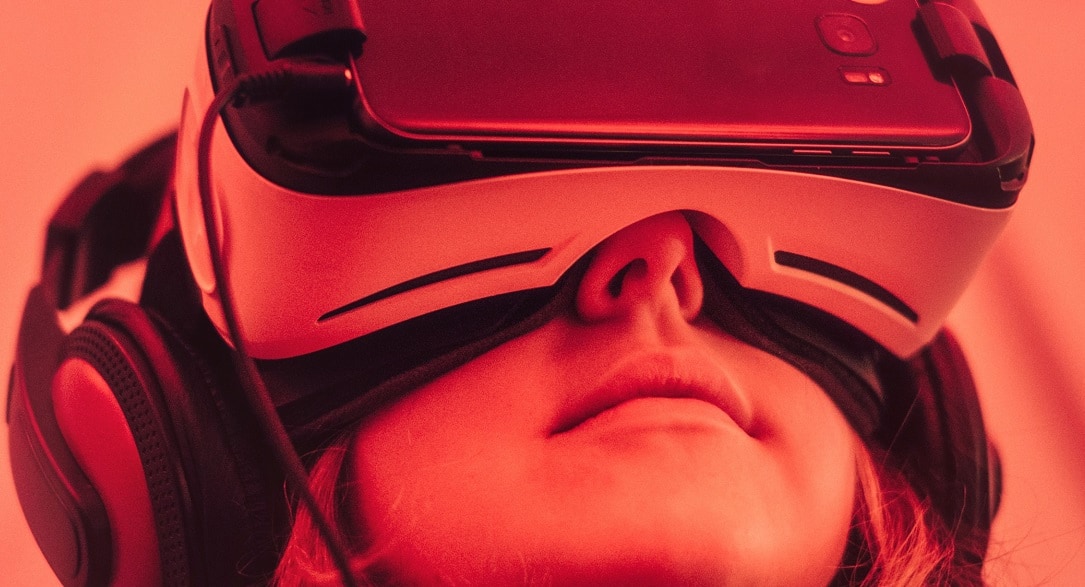
Experience and technology in the attraction, selection and onboarding of talent
29 of November of 2017
If I had to express what the word EXPERIENCE brings to mind, I would use words and expressions such as: life, smells, listening, touching or something related with the senses, also something that produces “emotion”: happiness, sadness, fear… something which, far from leaving you indifferent, provokes in you a feeling which makes you want to talk about it and share it.
Definition of Experience:
If we resort to traditional knowledge, an EXPERIENCE is defined in Wikipedia as “a type of knowledge or skill, derived from the observation of, participation in or living an event”. Experience is the best way of learning and creating new knowledge, once we retain and consolidate the results of that which we have lived. What, then, does experience need to have in order for us to retain it?
What should experience have to retain it?
I have read that someone once asked Einstein what he did when he had an idea, whether, for example, he wrote it down in a notebook. And he replied: “when I have a new idea, I never forget it”. When something moves us, it is difficult to forget. It’s as if there’s a selection process going on in our memory according to the importance and impact of that which we live.
When we assign importance to something and store it under a label classifying it as important, we remember it. What, then, does something need to have to attract somebody’s attention and generate such an impact?
- it needs to “shine” for that person
- it needs to have an impact over time (to go beyond the moment)
- it has to be unique
- it has to cause emotions
- it has to be lived in the moment (the present), and
- above all, it has to be “designed” thinking of the person who will live the experience.
Recruitment perspective:
From a recruitment perspective, we know that the candidate already talks to bots, carries out virtual reality interviews, remotely, at any time, and perhaps even like TV presenters (who’re probably wearing pyjamas under the table). A candidate can “play” at discovering the company; see on his or her mobile what the company needs from them before joining; ask and get to know more about colleagues and projects; receive feedback on the recruitment process on his/her mobile (no delays here) and give feedback on this by clicking on a star.
Selection, attraction and onboarding can be more efficient and make that “memorable experience” easier using emerging technologies, both for candidates and for professionals working in attraction, selection and onboarding of talent.
A candidate can:
- save time, by not having to leave home to complete the process,
- provide feedback (listen, give an opinion) on processes, and receive clear information regarding such processes,
- receive answers more quickly,
- research and know more about the culture and ways of working of the company,
- and, along the way, learn about technologies applied to a specific area, such as talent attraction.
The compatibility of “experience + technology”, knowledge, living, and adapting to something which is no longer the future, but rather our present.





There are no comments yet